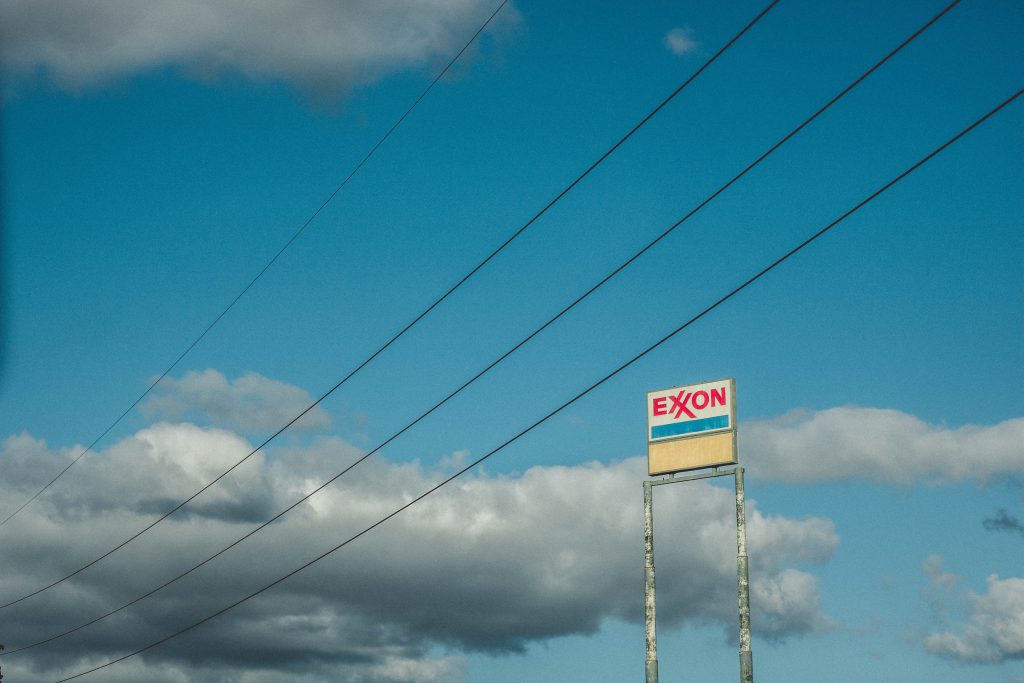Prior to the 1980s, the oil refinery industry utilized asbestos to line pipe systems, boilers, and other industrial equipment because the material withstood heat well. People who worked in refineries typically wore clothing made of asbestos-laden fibers to protect themselves from getting burned while doing their jobs.
In 1999, Mobil Oil Corporation merged to become ExxonMobil and has since faced lawsuits from people who had previously worked for the Mobil Oil Refinery and oil tankers who were later diagnosed with mesothelioma due to toxic exposure.

Harmful Products and Health Consequences
Studies over several decades have shown that the risks of being diagnosed with pulmonary diseases and cancers are higher for refinery workers than the general population. Research published in 1995 by the Scandinavian Journal of Work, Environment & Health showed that oil refinery workers had an elevated risk of contracting and dying from pleural mesothelioma due to high levels of asbestos exposure. Shipyard workers, in particular, were determined to be at extremely high risk.1
Research published in the Journal of Occupational and Environmental Medicine in 2002 showed that out of 3,328 people who worked at the Torrance California Mobil Oil Corporation refinery location between 1959 and 1970, 705 people had died due to cancer and respiratory disease.2

While no specific link could be gathered from this study to indicate that employment at the refinery directly caused some of these deaths, it is now known that mesothelioma is linked to asbestos-laden working conditions rather than cigarette smoking or other similar cancer risks.

Lawsuits Against ExxonMobil
The Mobil Oil Refinery in Buffalo, New York, closed in the 1980s but has a long history of putting people at risk. The state sued the refinery during the 1960s for not following orders to treat waste properly at this location. The contamination problem in Buffalo has persisted into the 2000s.
According to the New York State Department of Environmental Conservation, the ExxonMobil Oil Former Buffalo Terminal site cleanup began in April 2013 to protect public health and environmental concerns that toxins would continue to contaminate the soil and the Buffalo River.
Mobil was sued in the mid-2000s by the estate of a Texas worker who died from lung cancer after working from 1996-1973 around carcinogenic materials. Mobil was also sued by a Virginia shipworker in 2011, whose mesothelioma diagnosis was linked to working on more than a dozen tankers over a period of a decade’s work with Mobil.

In 2012, the company filed its own lawsuit against insurance companies to get compensation to cover asbestosis litigation. Since mesothelioma takes an average of 20 to 40 years to develop, it is likely Mobil will be facing more legal action in the coming years.3


 Rae Steinbach
Rae Steinbach
 Lauren Weinand
Lauren Weinand